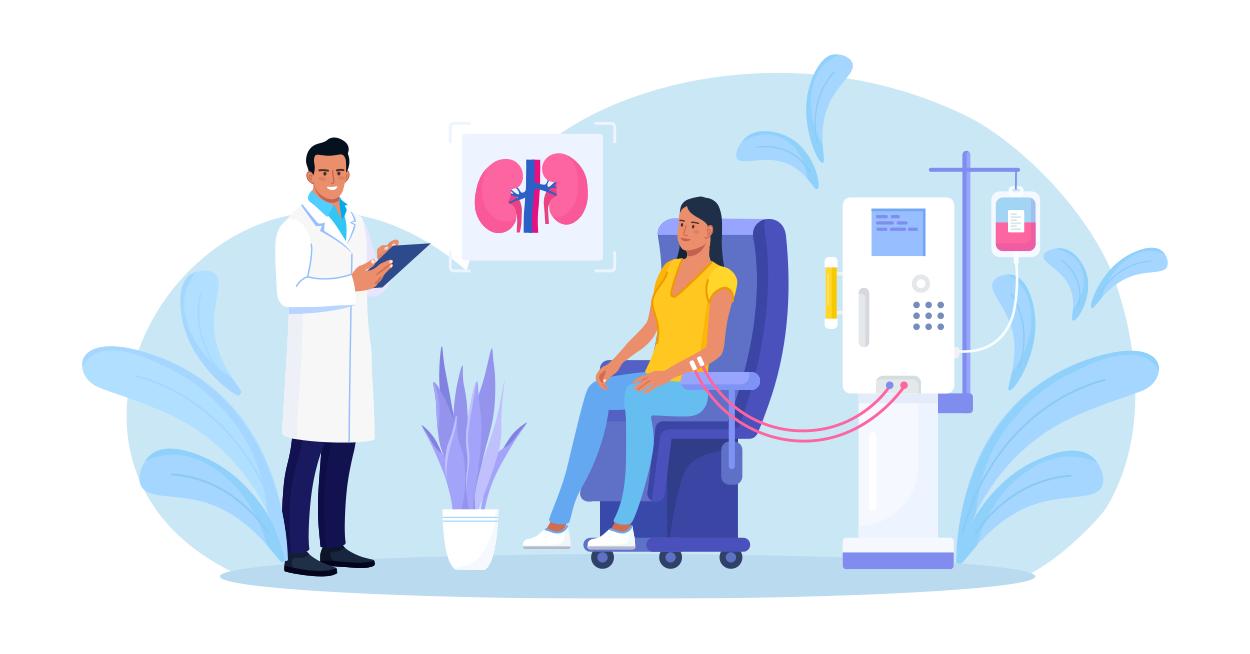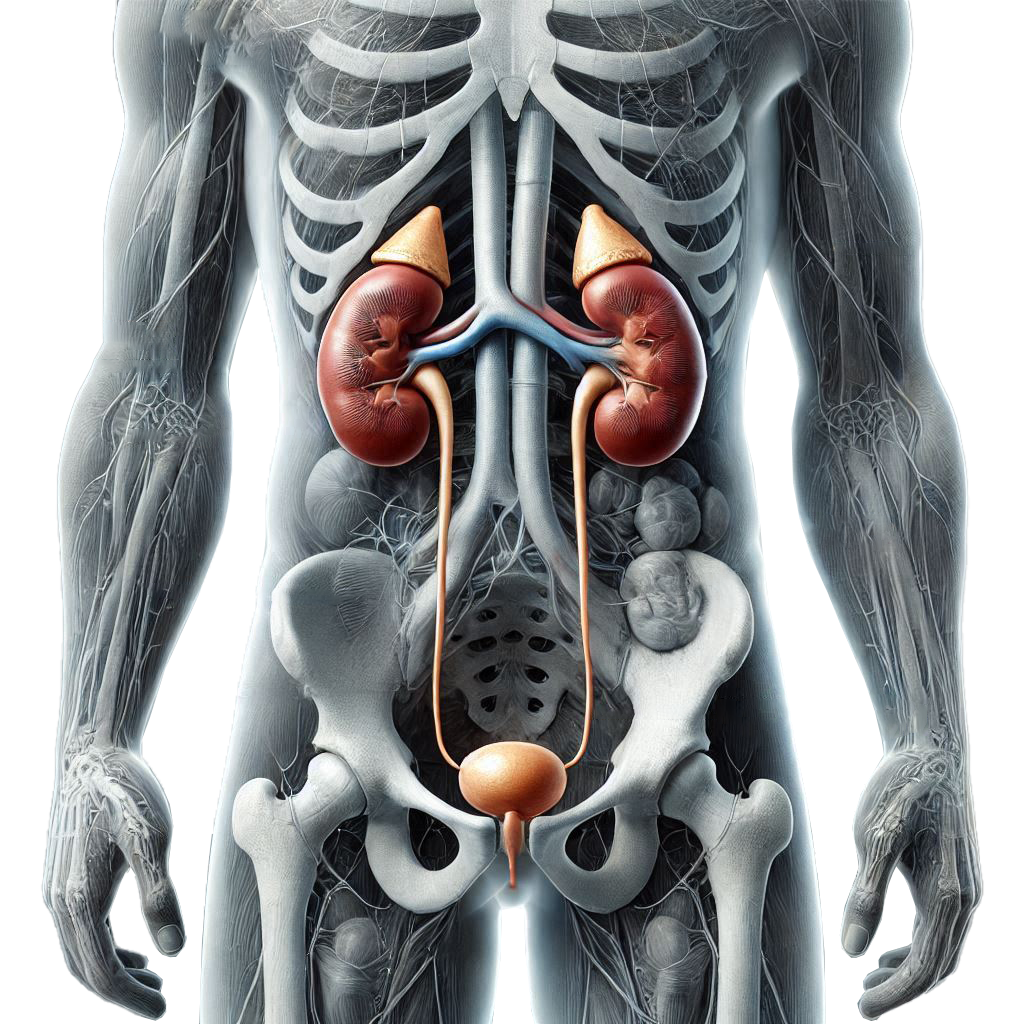This Course Structure is Curated as per the NEP-2020 Guidelines
Course Overview
B.Sc. Dialysis Technology program at Malla Reddy Vishwavidyapeeth, Hyderabad, is an undergraduate course designed to train students to assist nephrologists in performing dialysis procedures for patients with kidney disorders.
This program focuses on equipping students with the theoretical knowledge and hands-on skills from 1st semester itself. The curriculum covers the anatomy and physiology of the renal system, principles of haemodialysis and peritoneal dialysis, patient preparation, and post-procedure care. Students are also trained in the operation and maintenance of dialysis machines, water treatment systems, and other advanced equipment used in dialysis therapy. The course emphasizes understanding the pathophysiology of renal diseases, managing emergencies during dialysis sessions, and ensuring patient safety and comfort. Students gain hands-on experience to support nephrologists in managing patients with chronic kidney disease (CKD), acute kidney injury (AKI), and end-stage renal disease (ESRD).
Graduates of this program emerge as proficient Dialysis Technologists, enabling them to pursue further higher studies & do research in Dialysis Technology along with plenty of job opportunities globally.

Course Details
Description: 4 Years Degree Program
No. of Seats: 40
No. of Credits: 160 minimum & as specified
- Eligibility
- Curriculum Structure
- Program Outcomes
- Career Enhancement
- Higher Studies
- Job Roles & Progression
The minimum eligibility for B.Sc. Dialysis Technology is a pass in 10+2 with at least 50% marks in Physics, Chemistry and Biology from a recognized board (CBSE/ISC) or equivalent.
| Semester | Name of the Subject |
| Semester 1 | Anatomy – I Physiology – I Biochemistry – I Medical Physics English – I Computer Applications Practical: Anatomy & Physiology – I English & Communication Skills Computer Applications |
| Semester 2 | Anatomy – II Physiology – II Biochemistry – II Introduction to Dialysis Technology English – II Legal Aspects of Healthcare Practical: Anatomy & Physiology – II |
| Semester 3 | Pathology Pharmacology Basics of Hemodialysis I Microbiology Communicative English Healthcare Administration Environmental Studies |
| Semester 4 | Advanced Hemodialysis Techniques Dialysis Equipment Management Fluid and Electrolyte Balance Indian Constitution Practical: Hemodialysis Project Centric Learning (PCL) |
| Semester 5 | Renal Failure and Patient Care Dialysis Therapeutics Quality Assurance in Dialysis Practical – Dialysis Procedures Project Centric Learning (PCL) |
| Semester 6 | Applied Dialysis Technology Peritoneal Dialysis Advanced Renal Care Practical – Dialysis Technology Internship |
| Semester 7 | On-Job Training and Internship |
| Semester 8 | On-Job Training and Internship |
- Patient Preparation and Monitoring: Preparing patients for dialysis, including vital checks and connecting to dialysis machines.
- Dialysis Equipment Operation: Operating and troubleshooting hemodialysis and peritoneal dialysis machines.
- Management of Dialysis Sessions: Monitoring fluid and electrolyte levels, managing access points, and adjusting treatments based on patient conditions.
- Patient Education: Educating patients and families on post-dialysis care and lifestyle adjustments.
- Equipment Maintenance: Regular cleaning, calibration, and maintenance of dialysis equipment.
- Certification in Advanced Dialysis Techniques: Training in both hemodialysis and peritoneal dialysis, covering advanced patient care.
- Renal Care Certification: Specialized training focused on managing chronic kidney disease and renal failure.
- Certification in Dialysis Equipment Management: Training in equipment maintenance, troubleshooting, and quality assurance.
- Palliative Care Certification: Training in managing end-stage renal disease and providing palliative care.
- Healthcare Quality and Safety Certification: Focuses on maintaining and ensuring quality standards in dialysis settings.
- Master’s in Dialysis Technology or Renal Sciences
- Postgraduate Diploma in Renal Care
- MBA in Healthcare Management
- Ph.D. in Renal Science
- Certification in Nephrology
| Duration | Roles and Responsibilities | Salary Range |
| 0-3 years | Dialysis Technician | ₹3,00,000 – ₹5,00,000 per annum |
| 3-5 years | Senior Dialysis Technologist, Renal Care Specialist | ₹5,00,000 – ₹8,00,000 per annum |
| 5-10 years | Dialysis Center Manager, Clinical Supervisor | ₹8,00,000 – ₹12,00,000 per annum |
| 10+ years | Director of Renal Services, Chief Dialysis Technologist | ₹12,00,000+ per annum |
Note: Salaries vary based on experience, location, and type of healthcare institution.

Fee Structure Per Academic Year - 2025
| Tuition Fee | Miscellaneous Fee | Scholarship | |||
| 125000 ₹ | 10000 ₹ | Above 95% – 125000 ₹ | Above 91% – 62500 ₹ | Between 81-90% – 12500 ₹ | Between 71-80% – 6250 ₹ |
| Tuition Fee | Miscellaneous Fee | Scholarship | ||
| 125000 ₹ | 10000 ₹ | Above 90% – 25000 ₹ | Between 80-90% – 12500 ₹ | Between 70-80% – 6250 ₹ |




